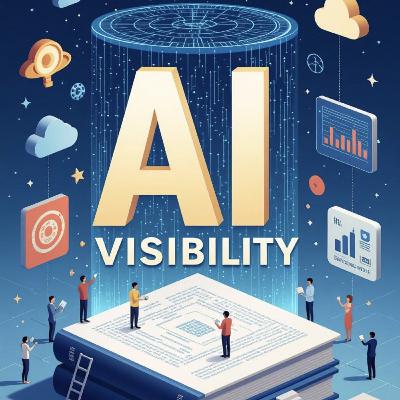AI Investment Bubble Briefing
Description
This briefing examines the potential for an "AI bubble" in the current technology landscape, drawing insights primarily from a recent interview with OpenAI CEO Sam Altman. While acknowledging AI's profound importance, Altman expresses concern that investor excitement may be outpacing the actual value of AI assets, creating a bubble similar to past tech and housing bubbles. The briefing also presents differing expert opinions on the existence and potential scale of such a bubble, alongside OpenAI's ambitious growth and infrastructure investment plans.
II. Key Themes and Important Ideas
A. The Potential for an AI Investment Bubble
- Sam Altman's Warning: OpenAI CEO Sam Altman explicitly states, "Are we in a phase where investors as a whole are overexcited about AI? My opinion is yes." He likens the current AI landscape to historical bubbles, noting, "When bubbles happen, smart people get overexcited about a kernel of truth." He further elaborates, "If you look at most of the bubbles in history, like the tech bubble, there was a real thing. Tech was really important. The internet was a really big deal. People got overexcited."
- Definition of a Bubble: A bubble is characterized by "the price of something rises above its actual value typically because investors become too excited." The difficulty in detecting bubbles in real-time is also highlighted, as "there is disagreement over the fundamental value of the asset."
- Historical Parallels: The text draws comparisons to past bubbles such as "the dotcom bubble, the cryptocurrency bubble, even the housing bubble of the 2000s," suggesting a pattern of investor overexcitement around genuinely important technological advancements.
B. AI's Fundamental Importance
- Transformative Technology: Despite the bubble concerns, Altman unequivocally states his belief in AI's long-term significance: "Is AI the most important thing to happen in a very long time? My opinion is also yes." This underscores the distinction between potentially inflated valuations and the underlying value and impact of AI technology itself.
C. Differing Expert Opinions on the Bubble
- Larger than the Internet Bubble? According to a report from Apollo Global Management chief economist Torsten Slok, "the AI bubble could be bigger than the internet bubble."
- Skepticism about a Bubble: Not all experts agree. Ray Wang, research director for semiconductors, supply chain and emerging technology at Futurum Group, suggests that while there "might be an AI bubble, he doesn't necessarily see that reality." He argues, "The fundamentals across the supply chain remain strong, and the long-term trajectory of the AI trend supports continued investment."
D. OpenAI's Growth and Investment Strategy
- ChatGPT's Dominance: ChatGPT is currently the "fifth biggest website in the world right now," and Altman "soon expects it to beat out Instagram and Facebook for third." However, he acknowledges that "For ChatGPT to be bigger than Google, that’s really hard," indicating diminishing returns on growth as it approaches peak market penetration.
- Massive Infrastructure Investment: A top priority for Altman is acquiring more GPUs to continue scaling OpenAI. He states a staggering projection: "You should expect OpenAI to spend trillions of dollars on data center construction in the not very distant future." This highlights the immense capital requirements for advancing AI capabilities, regardless of investment bubble dynamics.
III. Conclusion
The sources present a nuanced view of the current AI investment landscape. While Sam Altman, a key figure in the AI industry, cautions about an "AI bubble" driven by investor overexcitement, he simultaneously affirms AI's profound and lasting importance. Expert opinions vary on the immediate reality and scale of such a bubble.





